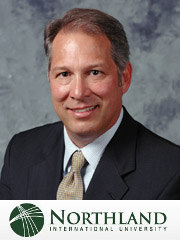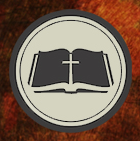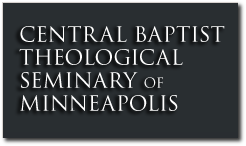 (This series on evangelical confusion about Roman Catholicism originally appeared as one article in JMT, Fall, 2008. Read Part 1).
(This series on evangelical confusion about Roman Catholicism originally appeared as one article in JMT, Fall, 2008. Read Part 1).
Areas of agreement
Another area in which honesty is needed and which is sometimes a stumbling block for evangelistic outreach to Roman Catholics is the fact that Catholics and evangelicals really do agree on quite a few theological points. So here a review of some of the most important agreements will be given before the areas of disagreement are brought forward.
First, Roman Catholics and evangelicals agree on the nature of God. At the most basic level, both view God in the sense of classical theism. What is meant by classical theism is that there is one Creator God who is personal, transcendent, and immanent. Note the following declaration from the Vatican I council (1869-70) which is still official church dogma:
The holy, Catholic, apostolic Roman Church believes and professes that there is one true and living God, the Creator and Lord of heaven and earth. He is almighty, eternal, beyond measure, incomprehensible, and infinite in intellect, will and in every perfection. Since he is one unique spiritual substance, entirely simple and unchangeable, he must be declared really and essentially distinct from the world, perfectly happy in himself and by his very nature, and inexpressibly exalted over all things that exist or can be conceived other than himself.


 The entire “Now About Those Differences” series is available
The entire “Now About Those Differences” series is available 

 Republished with permission (and unedited) from
Republished with permission (and unedited) from  (This series on evangelical confusion about Roman Catholicism originally appeared as one article in
(This series on evangelical confusion about Roman Catholicism originally appeared as one article in 
Discussion